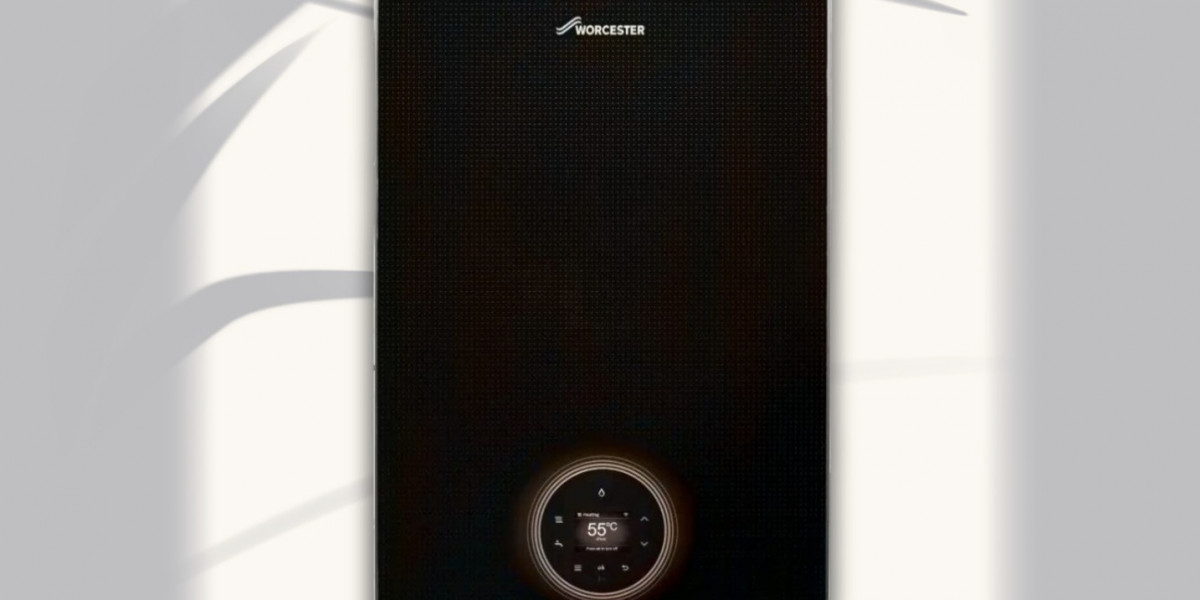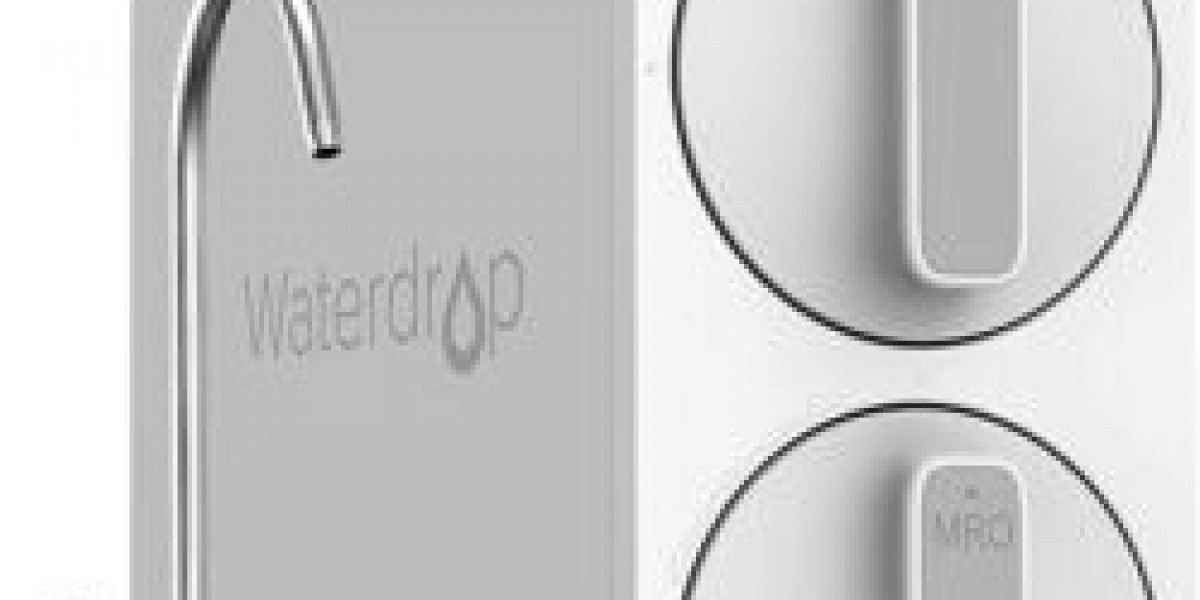1. The Efficiency Gap: Understanding the Numbers
The efficiency of a boiler is a measure of how well it converts energy (typically gas) into usable heat. Modern condensing boilers often reach efficiencies of over 90%, while non-condensing models commonly installed before 2005 might operate at only 60–70% efficiency.
To put that in context:
If your boiler is 60% efficient, 40p of every £1 you spend on gas is effectively wasted.
This inefficiency can lead to considerably higher energy bills over time. Even if your old boiler is still working, it's doing so at the cost of extra energy consumption something that's neither cost-effective nor sustainable.
2. Rising Energy Bills: A Slow Leak
Energy prices in the UK have seen volatility in recent years, with many households experiencing significant increases in their monthly gas and electricity bills. If you’ve noticed that your heating costs seem disproportionately high especially during the winter months your boiler might be the culprit.
An old or poorly maintained boiler has to work harder to produce the same amount of heat, which increases fuel usage. You may also experience temperature inconsistencies, cold patches in radiators, or prolonged periods before hot water is available.
These signs often go unnoticed or are dismissed as part of the aging process of a home. In reality, they can point to significant inefficiencies in your heating system.
3. Hidden Repair and Maintenance Costs
Old boilers not only become inefficient over time, but they also require more frequent repairs and part replacements. While a quick fix might seem cheaper than replacing the whole system, repair costs can add up especially as the parts for older models become harder to find.
Additionally, as boilers age, the risk of breakdown increases. A sudden failure in the middle of winter can be stressful and expensive, especially if emergency call-out fees are involved. Over the course of a few years, the cumulative maintenance costs may outweigh the price of a new, reliable heating system.
4. Carbon Footprint: The Environmental Cost
Older boilers are not just bad for your wallet they’re also worse for the environment. Less efficient boilers consume more fuel to generate heat, which increases your home’s carbon emissions.
In the UK, heating is one of the largest sources of carbon emissions in residential properties. If your boiler predates modern condensing standards (i.e., pre-2005), chances are it's contributing disproportionately to your household’s environmental impact.
Reducing household emissions is a national priority, especially with the UK’s goals for net-zero by 2050. Transitioning to more efficient heating systems — whether through new boiler technology or alternative systems like heat pumps plays a key role in this collective effort.
5. Safety Concerns: Beyond the Thermostat
Safety is another often overlooked aspect of older boilers. While many systems can operate safely for years with proper maintenance, age increases the likelihood of faults that could pose serious risks.
One concern is carbon monoxide (CO) leaks. CO is a colourless, odourless gas that can be fatal in high concentrations. Older boilers, especially those not maintained regularly, may be more prone to incomplete combustion, increasing the risk of CO leakage.
Other potential hazards include water leaks, pressure issues, or even electrical faults. Annual servicing can help mitigate some risks, but age-related wear and tear often introduce unpredictable problems.
6. Comfort and Control: The Convenience Factor
Many old boilers lack modern features like smart thermostats, zone heating, or programmable timers. This limits your ability to control when and how your home is heated often resulting in wasted energy and discomfort.
Newer systems are compatible with smart home devices, giving users more granular control. Even basic features like holiday modes or frost protection aren’t available in older models, which could mean wasted heating during times you’re away or unexpected freezing issues in colder weather.
While comfort and convenience might seem like secondary considerations, they directly affect quality of life and energy use.
7. Resale Value and EPC Ratings
An outdated boiler can also affect your property's resale value. Buyers are increasingly conscious of energy performance, and a low Energy Performance Certificate (EPC) rating could reduce the attractiveness of your home on the market.
In fact, under current UK regulations, rental properties in England and Wales must have an EPC rating of at least E. There are also ongoing discussions about tightening these standards, which may require landlords and homeowners to invest in energy-efficient systems, including new boilers.
A modern, efficient boiler not only improves your EPC rating but also sends a message that the home has been cared for and updated — a subtle but powerful detail in competitive property markets.
8. Government Grants and Incentives
Although this article is not intended to promote any schemes or providers, it’s worth noting that the UK government has launched various initiatives in recent years to help households replace old heating systems. Depending on your income, location, and property type, you might be eligible for financial support or grants to upgrade to an efficient boiler or alternative heating system.
Checking your eligibility through official government websites or trusted resources could potentially reduce the cost burden of switching to a more efficient heating solution.
Conclusion: It Pays to Take a Closer Look
Your boiler might not be something you think about daily especially if it still works when you need it but that doesn't mean it's not costing you. From higher energy bills and repair costs to environmental impact and safety risks, old boilers carry hidden burdens that can quietly drain your finances and peace of mind.
If your boiler is over 10–15 years old, or you’ve noticed any signs of inefficiency, it might be time to evaluate your heating system. A professional inspection can help determine whether your current boiler is still up to the job or whether it's time to consider an upgrade.
While the upfront cost of a new boiler can seem daunting, it’s important to weigh that against the long-term savings and improved comfort. More often than not, sticking with an aging system ends up costing more not just in pounds, but in energy and peace of mind.







